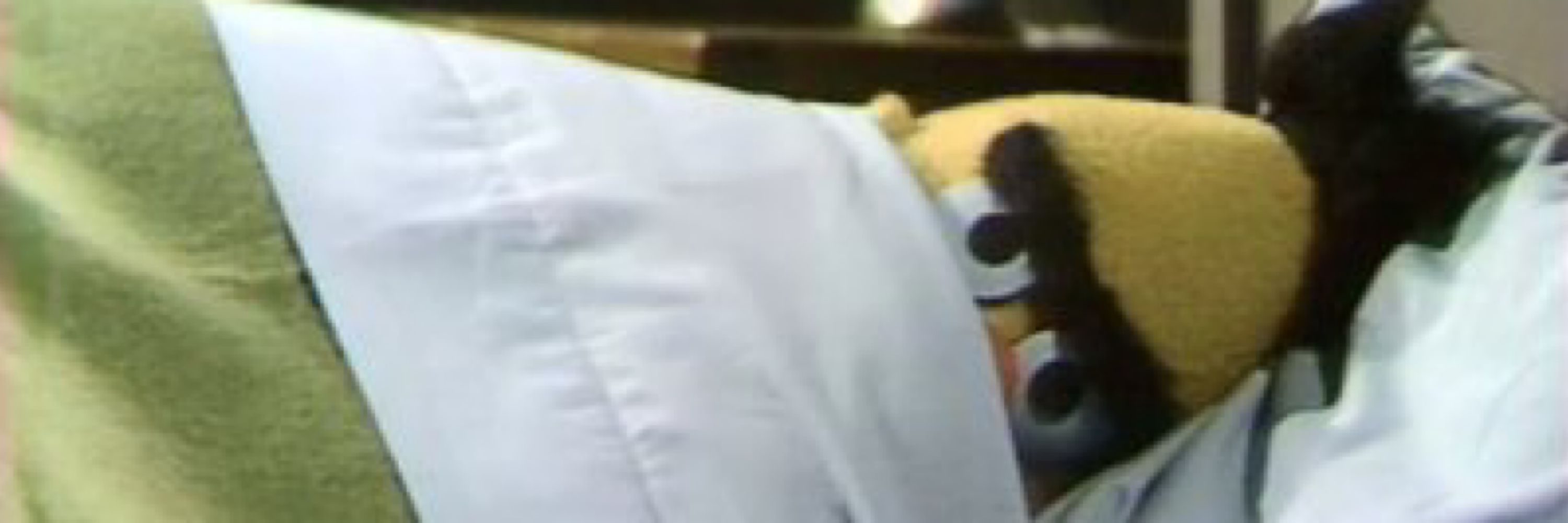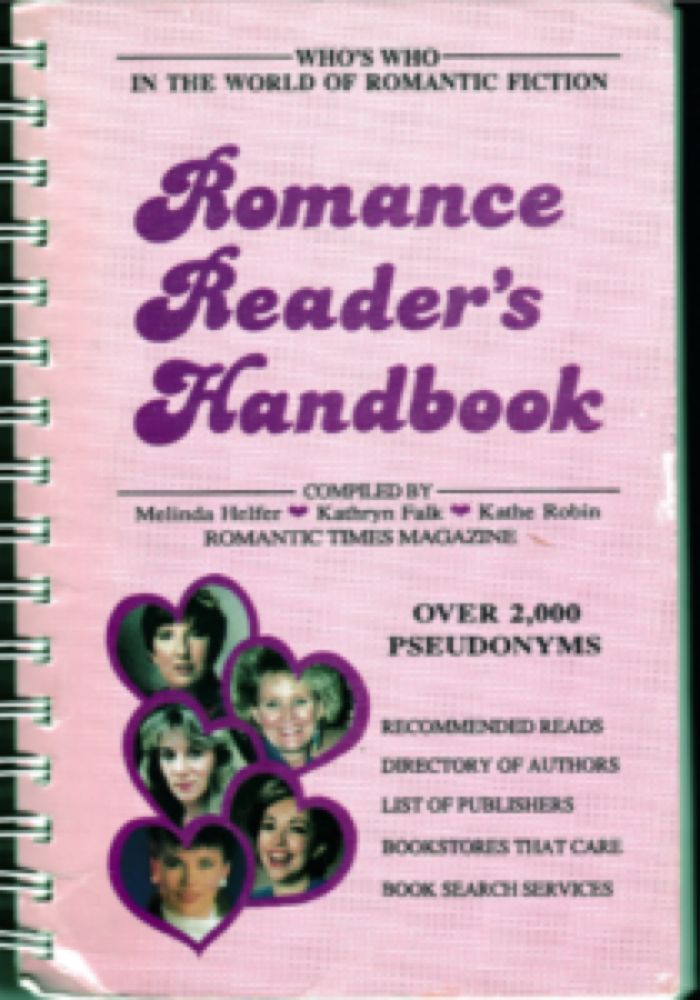
😁 Just updated my bio so that it includes the fact that I'm now a member of the Editorial Board of the Journal of Popular Romance Studies. That involves "Promoting the journal to colleagues and peers" so now it's my job to nag people to submit to JPRS (peer-reviewed, open access!) whenever I can.😜
In my opinion, sex scenes are a lot like action scenes or fight scenes. It's easy to bolt one on that doesn't mean anything, but you can also write them to strengthen the narrative and themes, or develop characters. The best ones feel like dialogue, but without any words.
A good summary of the fact that judging art to be bad just because it's "formulaic" or "standardised" is a relatively recent development. [I began as a medievalist, so my idea of what's "recent" may be a little different from many other people's]
![the verdict that, in the context of art, ‘standardized’ must mean ‘bad’ is by no means self-evident, as a glance at the history of artistic evaluation makes clear. During important epochs of art, it was considered crucial that artists recognize and adhere to certain standards [...]. This attitude is also reflected in the existence of explicitly formulated rules—some dating back to antiquity—that specify the right way to produce certain literary genres (tragedy, satire, elegy, etc.) [...]. Until the mid-eighteenth century, and in some cases beyond, artistic primacy was not accorded to the revolutionary innovator but to the person who could perfectly master the existing guidelines and bring these to life through their own inventiveness, transformational ability, and natural talent [...]. This conception would not change until the Romantic period, which brought with it a decisive shift toward criteria of ingenuity, norm-breaking, originality, innovation, and subjectivity](https://cdn.bsky.app/img/feed_fullsize/plain/did:plc:ikadhhfrxdg37gwzniqglnxn/bafkreicp5inh4xg3b2psjqjitsp2c5jtfqpwc23kii3upehggqv4pjafli@jpeg)
if ever a website needed to see vintage Olive Oyl demanding that Popeye blow her back out, it's Bluesky

literally the only time i experience patriotism is watching the US Women's Gymnastics team at the Olympics. the second Simone Biles steps on the mat i turn into a bald eagle
Octavia E. Butler was undiagnosed with dyslexia. Teachers said she was ‘lazy and did not try hard enough.’.. She reframed the narrative of disability by believing herself to be a genius & highly capable and began to create richly speculative narratives to reimagine race, disability, and gender.

Katie Heffner is a PhD candidate in the School of History researching the social and cultural history of women in science fiction fandoms. Her work explores how women in science fiction communities articulated and fabulated science and technology in the early Cold War.
I had a great time talking with @smartbitches.bsky.socialsmartbitchestrashybooks.com/podcast/618-...

In June 1989, Kathryn Falk published The Romance Reader’s Handbook, a 354 page spiral bound collection of everything a romance reader would need to know. Steve Ammidown leads us on a brief tour of …
Christine Larson's Love in the Time of Self-Publishing How Romance Writers Changed the Rules of Writing and Success is out now www.degruyter.com/document/doi... (in ebook).

the text is just temporary till I can do the finishing touches on my laptop, but it's coming together
